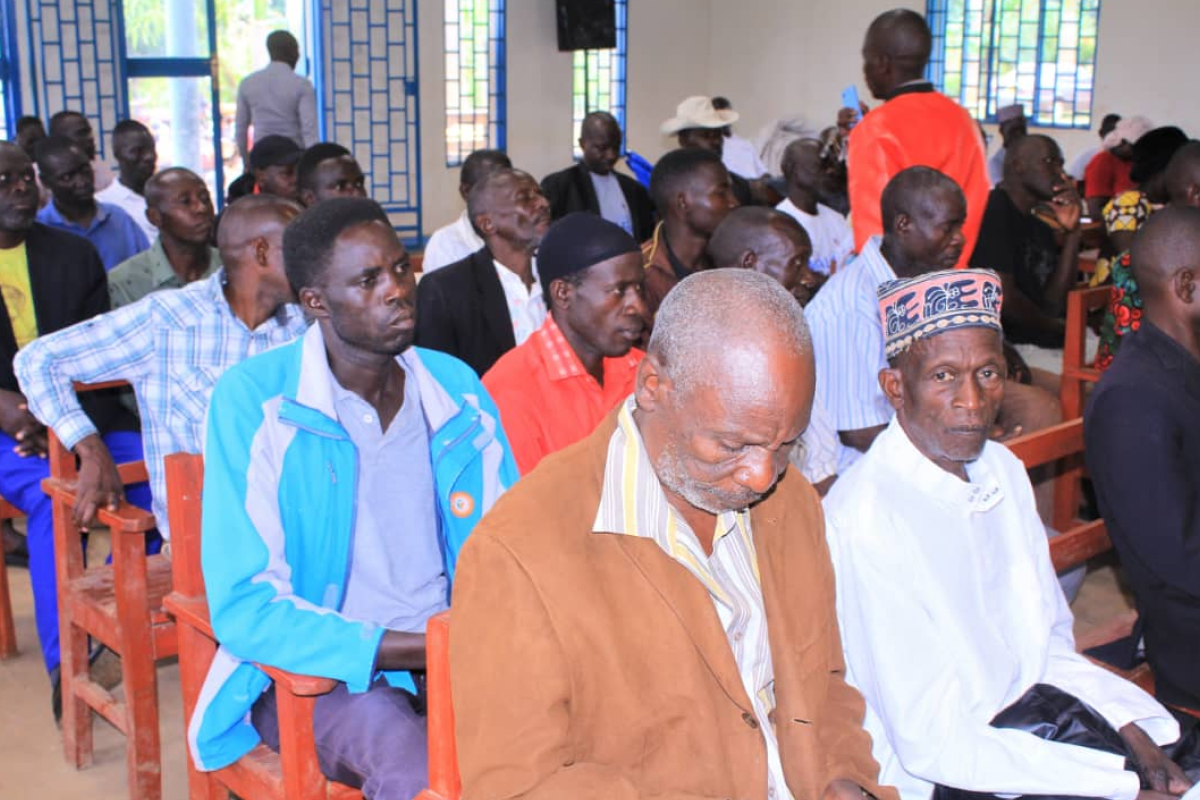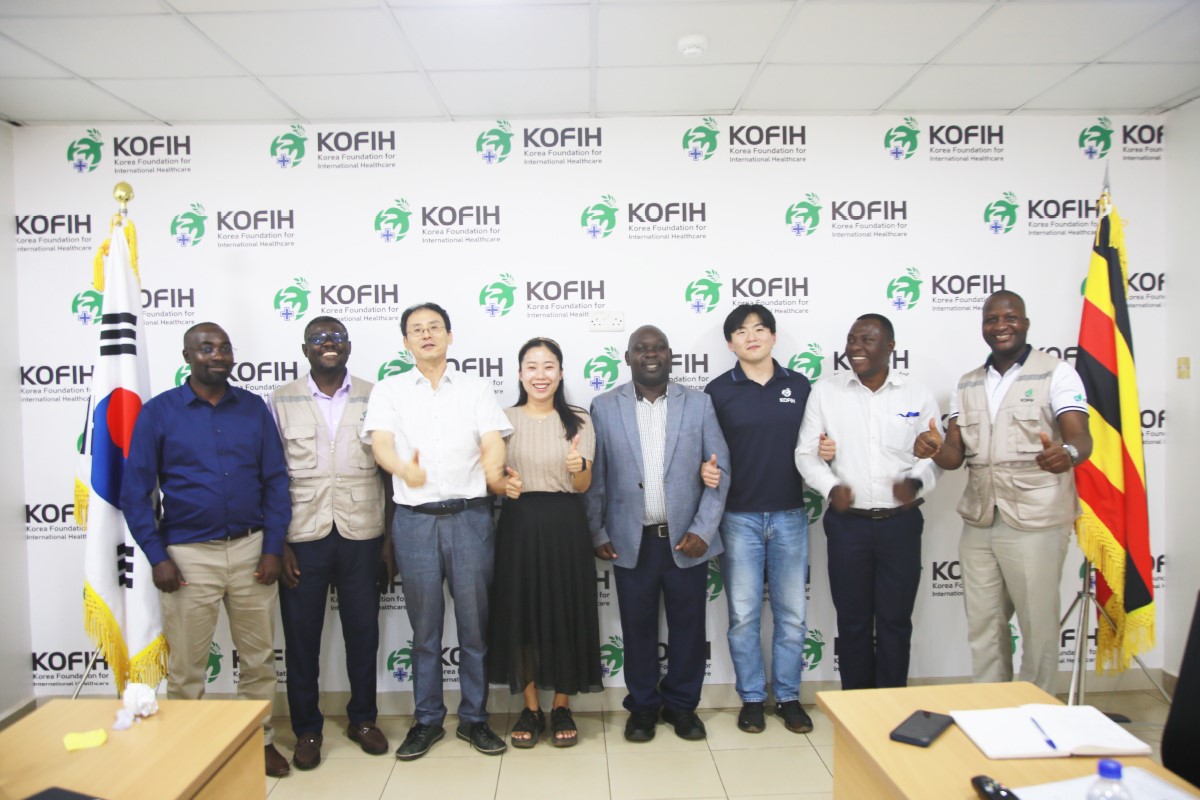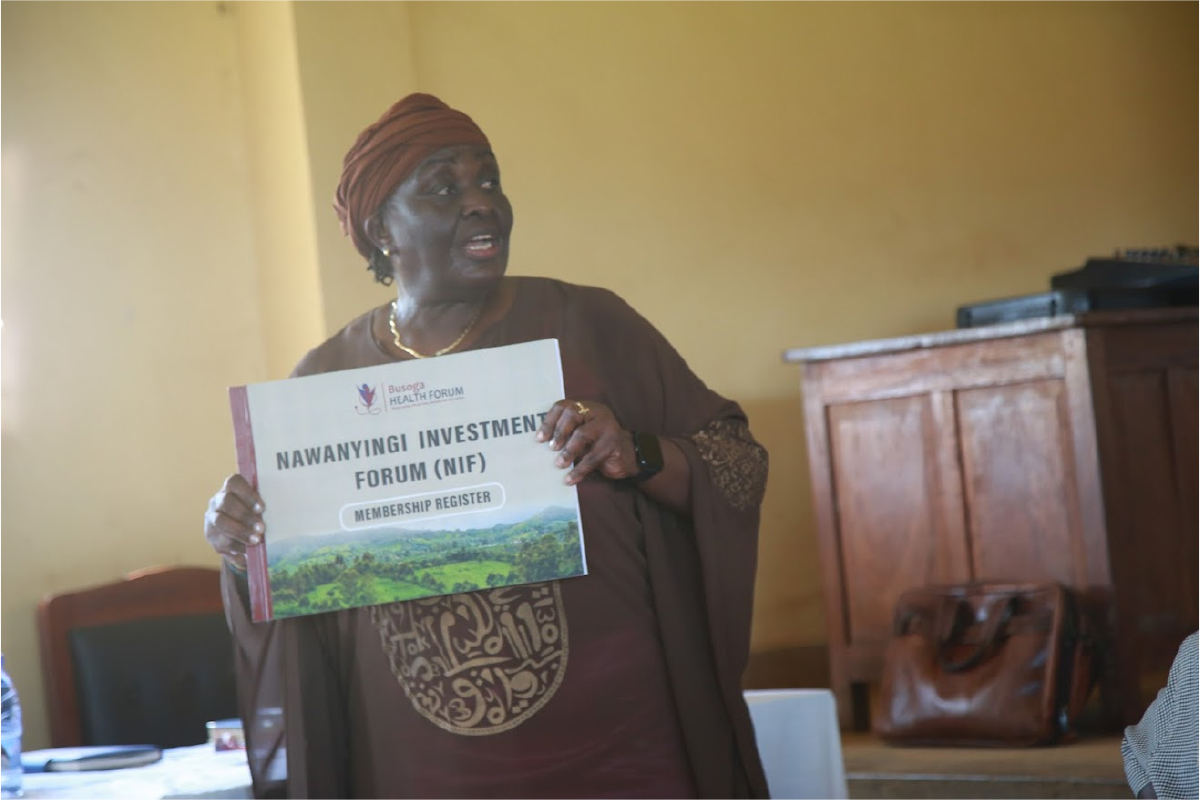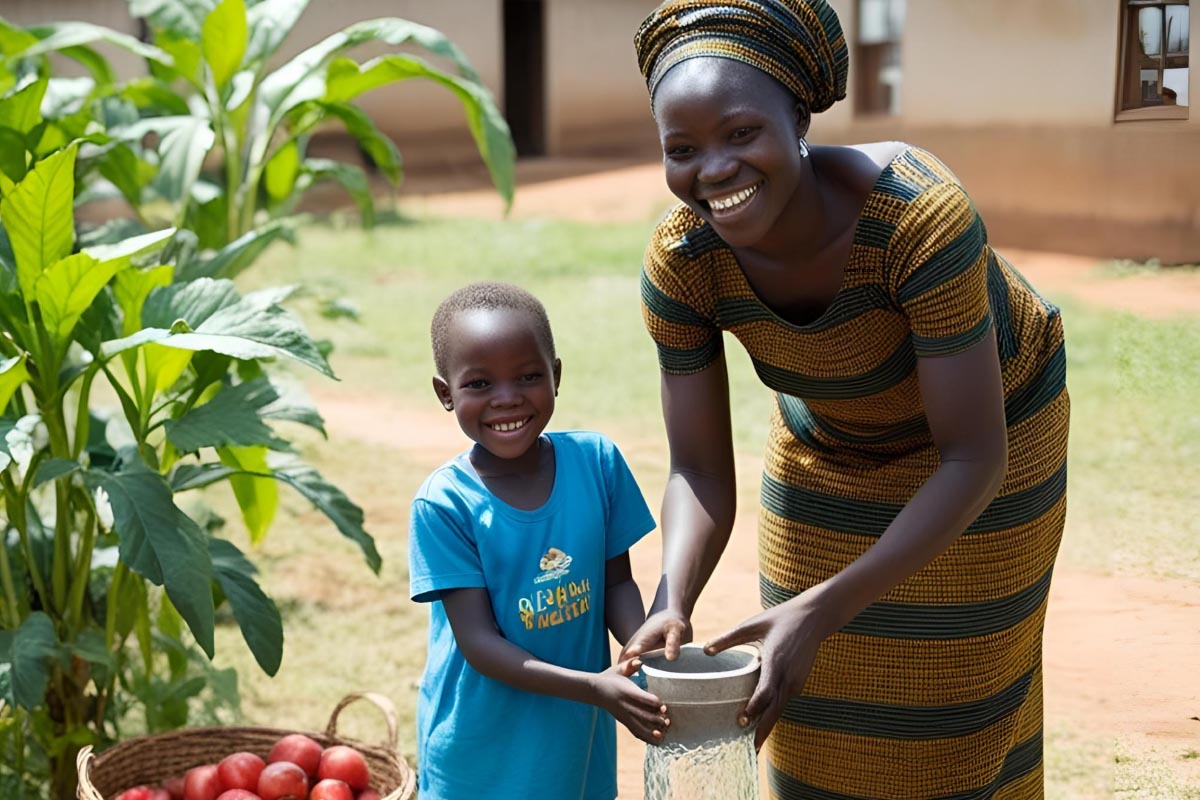Published By BHF | February 9, 2024
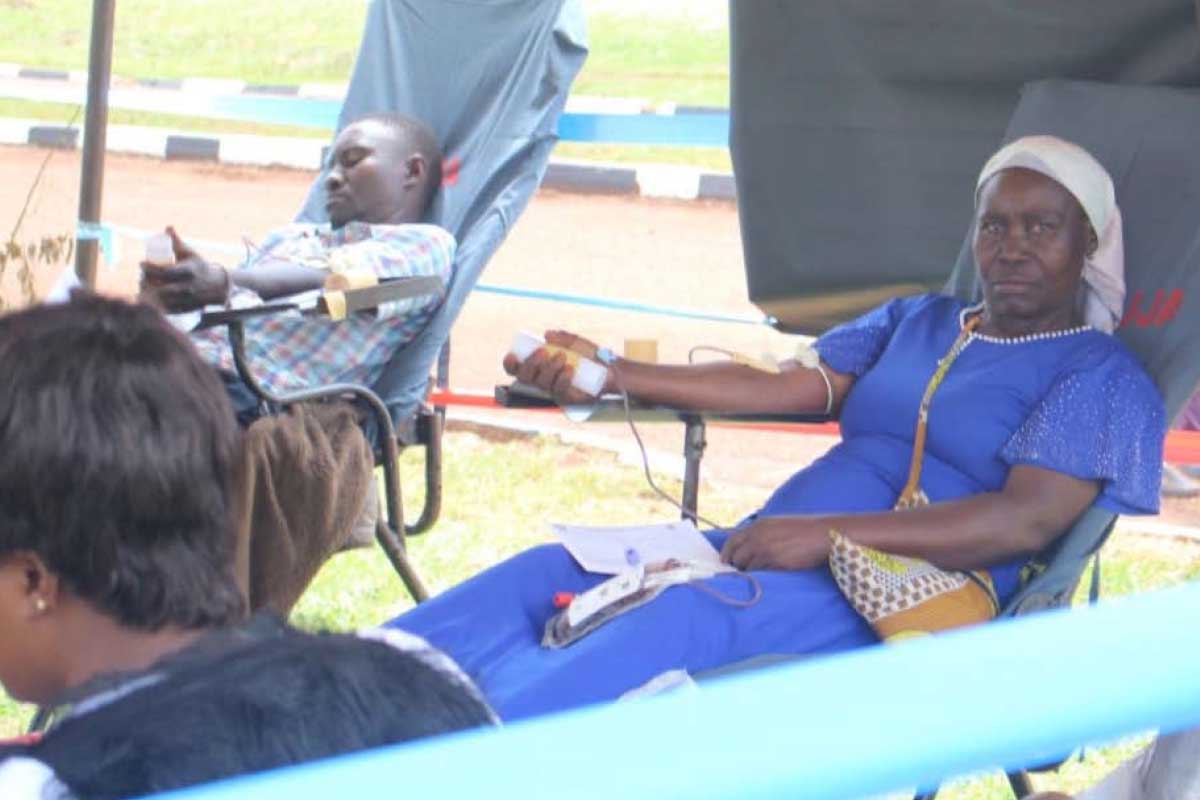
By: Tatumwa Desmond Benjamin
In June 2023, the available blood supplies in Uganda reached 313,659 units, accounting for only 70% of the required amount. Urgent action is needed to bridge the 30% gap, as lives are at risk due to insufficient blood for transfusions, according to the Uganda Red Cross Society (URCS).
Over the years, Uganda Blood Transfusion Services (UBTS) and Uganda Red Cross Society have made innovative strategies to boost blood mobilization, making a rise from 120,098 units in 2018/2019 to 180,726 units in 2022/2023, contributing significantly to the annual blood collections.

The World Health Organization (WHO) recommends that 1% of a country’s population should donate blood annually. In Uganda, this translates to a target of approximately 450,000 units. Unfortunately, the current reality falls short.
Dr. Aggrey Bameka, Medical Superintendent of Buwenge General Hospital and Chairperson of Busoga Local Maternity and Neonatal Systems, expressed concern about the current blood gap in Busoga. He noted that the region faces the highest prevalence of anemia in the country. With 10% of the national population, Busoga lacks a blood bank, relying mostly on collection centers. The collected blood must be transported to Kampala for screening, resulting in a shortage of the returned supply.
To address this issue, Dr. Bameka proposed establishing collection centers at Kamuli General Hospital and Iganga General Hospital, with a blood bank at Jinja Regional Referral Hospital to increase blood donation rates by making the process more accessible to the community.
Talking about the critical situation, Dr. Bameka disclosed that, on average, one mother per week loses her life due to blood-related complications. Immediate steps are necessary to prevent further loss of lives.
Health workers from the Busoga Health Forum shared ideas on improving blood donation rates. They pointed out the importance of targeting students who are currently at schools and suggested outreach programs to educate people in villages about the benefits of donating blood.
Kasibante Samuel, a Laboratory Technologist at Jinja Regional Referral Hospital, suggested accurate blood data to make informed decisions. Improved data would enable the Uganda Blood Transfusion Services to understand the extent of shortages and facilitate better redistribution.
UBTS Executive Director, Dr. Dorothy Kyeyune Byabazaire, acknowledged the efforts in Busoga to increase blood collections but noted a low turnout of blood donors. She thanked the Korean government’s financial support through the Korea International Cooperation Agency (KOICA) for a blood bank in Busoga, but there is a need for increased community participation.
Dr. Dorothy also noted the budget constraints, with WHO recommending 1% of the population to donate, while the available budget only supports the collection of 300,000 units instead of the required 450,000. She urged for the promotion of primary healthcare to reduce conditions like anemia in children, and certain blood related needs can be prevented through better obstetric care, malaria control, and measures to reduce accidents.
Dr. Dorothy identified school closures as a big contributor to the shortage, as schools contribute 80% to blood collection. She called on health workers to champion blood donation, and it’s the responsibility of hospitals to account for the blood they receive.
Lilian Nuwabaine Luyima a midwife, Women’s Health Specialist, and CPD coordinator at AghaKhan University emphasized the altruistic nature of blood donation and how it has the potential to save multiple lives in just 45-60 minutes. Blood is needed by women with complications during pregnancy and childbirth, children with severe anemia, often resulting from malaria or malnutrition, accident victims, and surgical and cancer patients.
Busoga needs more blood to address the crisis, and every donation counts, if you haven’t donated, kindly save a life, donate now.

